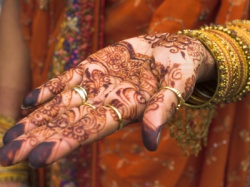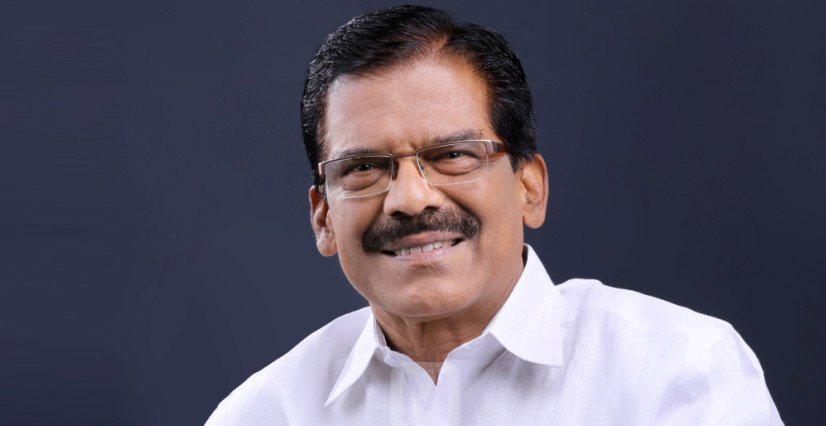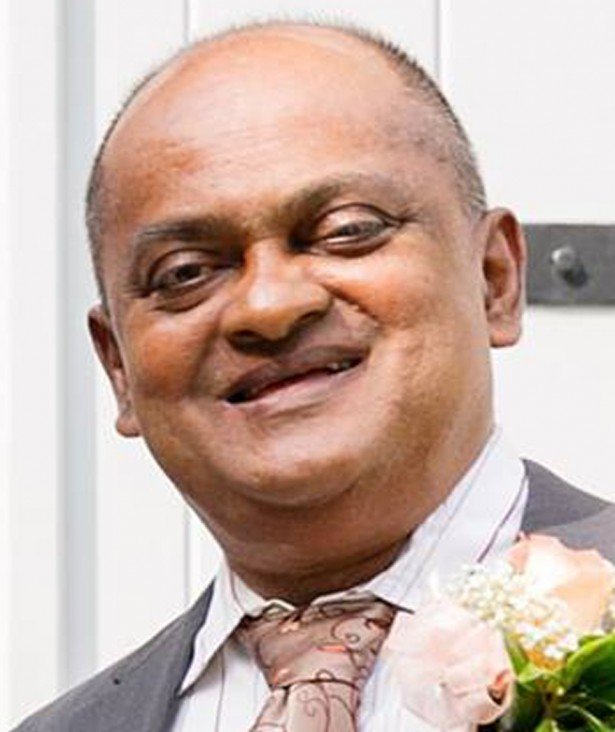The latest incident of forced marriage of a minor Muslim girl to an Arab national has once again brought to focus vulnerability of women from poorer sections who continue to be victims of sexual exploitation.
The infamous "Arabbi Kalyanam" (Arab wedding), a social malady prevalent in parts of Kerala, has stirred a raging debate over the evil practice, which has devastated the lives of young girls in the wake of recent episode in which a 17-year-old girl from Kozhikode, living in orphanage, was forced into marriage with an Arab national.
The Ras al-Khaiamh (UAE) resident Jasim Mohammed Abdul Kareem, after spending two weeks with the girl, returned home and pronounced "talaq" over phone.
Despite universal education and commendable social sector indices, women from underprivileged sections in Kerala still appear to be victims of circumstances beyond their control.
Decades-long awareness campaigns and grass root actions, financially backward minor girls not only from the Muslim community but also from vulnerable sections like tribals are still victimised in the name of "cross-border weddings", in which they are married off to those coming from abroad or other states without their consent.
The menace, known under different names like "Arabi Kalyanam", "Mysore Kalyanam" or "Male Kalyanam" in local parlance, based the place from where the groom comes, had been widely prevalent in places like Kozhikode, Malappuram, Kannur, Kasaragod and even in state capital Thiruvananthapuram.
Poverty-stricken parents, who could not meet the hefty dowry demanded by local youths, were often used to be trapped by "visiting grooms" with the support of local marriage brokers and, in many cases, community elders.
Initially, the brides are heaped with costly gifts like gorgeous apparels and gold ornaments and cash to lure their parents to force their daughters into marriage.
After the wedding ceremony, they are taken to honeymoon trips for a few days and even for weeks, after which the groom would leave for their home abandoning the teenage brides to life-long misery and tears.
The widely condemned social evil, believed to have been ended after the grass root level intervention of progressive community leaders and NGOs, surfaced again with the recent case in Kozhikode.
Ironically in this case, the groom himself is the son of a UAE national who married a local woman, who later got divorced and got wedded to a Keralite with whom she is living.
This came to light and sparked public outrage after the victim and her mother came out against the orphanage where she was living alleging its authorities took the initiative for the marriage.
Refuting the charge, the orphanage management held that the wedding was performed with the consent of the girl and her family and the marriage of 17-year-old Muslim girls was legally permissible as per a circular issued by the Social Welfare Department in the state, though it had been put on hold later following wide protests.
Women rights campaigner V P Zuhara, who has been fighting gender-bias and discriminatory practices like polygamy, said besides poverty, lack of education and prevalence of dowry also contribute to the social evils like this.
"Such forced marriages are nothing but social hazards. It is still being practised with the support of loopholes in laws that favour men not women. The outcome is that teenage widows and mothers are forced to live in endless misery for the rest of their lives," Zuhara, who runs "NISA Progressive Muslim Women's Forum" in Kozhikode, told PTI.
The menace of "Arabi kalyanam" had been under practice in the state since 1960s and 70s, she said.
"Large sections of Muslims had been under abject poverty in many parts of the state during that period. Then, the money and support got from outside bridegrooms, came as a boon for many families which used to consider such marriages as a way of escape from their penury," she said.
Some years back, police had arrested two Arab nationals from a hotel in Kozhikode city for forced marriage after the intervention of pro-women activists and NGOs, Zuhara, said.
"Only few cases are being reported. Majority of victims still prefer to keep a secret of their ignominy and misfortune. Often this kind of things happen around "Yathimkhanas' (community-run orphanages) and hostels for the poor children. It is true that some vested interests within the community offer support for them," Zuhra said.
Zuhara said her outfit has decided to approach the High Court seeking a comprehensive probe into the activities happening around the orphanages and charity homes.
The nature and mode of 'cross-border marriages' are different in different places.
"Mysore weddings" are also mostly reported from North Kerala bordering Mysore district of Karnataka.
In many cases of 'Mysore Kalyanam', the grooms had taken the brides home but abandoned them after some time on flimsy grounds.
Cases of "Male Kalyanam", in which Maldivian nationals who frequent the state for medical treatment and other purposes, marry girls for 'company' during their stay here, have been reported in many places including in the capital city.
According to a study, conducted on behalf of the state Women's Commission some years ago, of more than 9,000 victims of 'Mysore Kalyanam', 2500 were found abandoned by husbands and around 300 went missing.
The study found that most such marriages had taken place in Malappuram, Thrissur and Kozhikode districts. It also indicated existence of 'Tamil Nadu Marriage' and 'Haryana Marriage' in some parts in the similar mode.
Writer Khadija Mumtaz, who used to voice concern against the rigid customs and anti-women practices within the community, said mere awareness drives and studies would not help uproot the menace completely.
"If awareness is enough to put an end to such practices, it would have come to an end decades ago.It is a multi-faceted problem which demands a thorough attention within and outside the community. Besides corrective measures being initiated from within the community, government should make stringent laws to punish the guilty in such cases," she told PTI.
The act of conducting the marriage of an under-aged girl without her consent, virtually amounted to giving licence for sexual exploitation and flesh trade. The orphanage management in the latest case could not absolve itself of its responsibility in the sordid episode, Mumtaz, a medical doctor, said.







Comments